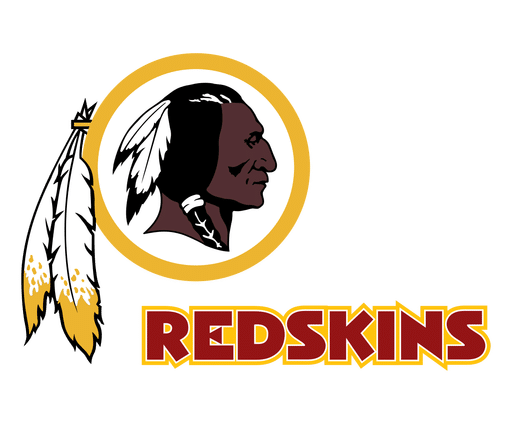Final Score on Issue of Trademark Disparagement: REDSKINS 8 USPTO 0
The 98th season of the National Football League (NFL) kicked off earlier this month with the Kansas City Chiefs defeating the defending Super Bowl LI champion New England Patriots 42–27. But before the season was even underway, the Washington Redskins scored a victory that may be more controversial than Deflategate, and is arguably more valuable to the Redskins franchise than the Patriots’ five Lombardi Trophies.
Earlier this Summer, in Matal v. Tam, a decision totally unrelated to the sport of football, the United States Supreme Court ruled that the United States Patent & Trademark Office (PTO) could not refuse registration of the name “The Slants” to an Asian-American dance rock band from Portland, Oregon on the grounds that the phrase constitutes a slur and is offensive to Asian-Americans. In doing so, the Supreme Court ruled that the trademark law barring disparaging terms infringes on free speech rights, and, as such is unconstitutional.
Curiously, as was raised by the Redskins in an amicus brief filed in the Tam case, the PTO previously registered marks such as WHITE TRASH COWBOYS and OFF-WHITE TRASH for two all-white rock bands, and N.W.A. for an all-African American rap group, as well as a number of other marks that could be considered by various groups to be disparaging. In the majority opinion, Justice Samuel Alito found that trademarks constitute private speech—not government speech—and federal registration of trademarks does not convert such marks into government speech. Alito went on to conclude that, because trademarks are private speech, the government cannot choose which speech it finds offensive and which it does not find offensive without running afoul of the First Amendment.
Prior to this unanimous decision of the Supreme Court, the so called disparagement clause of the Lanham Act had authorized the PTO to refuse registration to, or even cancel a trademark if it disparages a substantial percentage of a distinct group of people, be it a racial, ethnic, religious or political group. In 2013, five Native Americans sought to cancel six (6) federal trademark registrations issued to the Washington Redskins between 1967 and 1990 on the ground that the registrations were obtained contrary to the disparagement clause of the Lanham Act which prohibits registration of marks that may disparage persons or bring them into contempt or disrepute. In a June 2014 decision, the Trademark Trial and Appeal Board (TTAB) sided with the petitioners and canceled the marks because “they were disparaging to Native Americans at the respective times they were registered”. The Redskins organization has been pursuing appeals of that decision ever since, so the ruling has never gone into effect. In light of the Tam decision, it is expected that the Redskins will seek further review of the cancellation of their marks by the TTAB, and that those efforts will be successful.
While preservation of the federal trademarks is not required for the Redskins to continue use of the Redskins name, logos and marks, those registrations confer some significant benefits and advantages to the owner which would not otherwise be available without the registrations. Chief among those benefits is the exclusive right to use the marks in connection with the specified goods and services throughout the entire United States. Because the marks have been continuously in use and registered for more than five (5) years, they are considered to be “incontestible”, which, under normal circumstances, renders the marks immune from being challenged. Federal registration of a trademark also comes with the ability to utilize the services of the U.S. Customs and Border Protection Services to prevent infringing merchandise from entering the United States. Federal law also allows owners of federally registered marks to seek, and in some circumstances recover treble (3X) damages against infringers in certain circumstances.
The benefits conferred upon the owner of a federal trademark registration far exceed the time, money and effort invested in acquiring those rights. Most small businesses spend thousands of dollars or more each year on branding tasks such as logo creation, signage, social media, advertising and search engine optimization (SEO). If that branding strategy is not properly coordinated with a strategy to adequately protect the associated intellectual property rights, you may be throwing money away. At Martin IP Law Group, our approach is to work with clients to identify and protect their valuable intellectual property rights, including federal trademarks. If your business has an image and identity to protect (HINT: It does), contact us today to discuss how we can help you identify and protect these valuable assets in a way that will make your business stand out from the competition.



